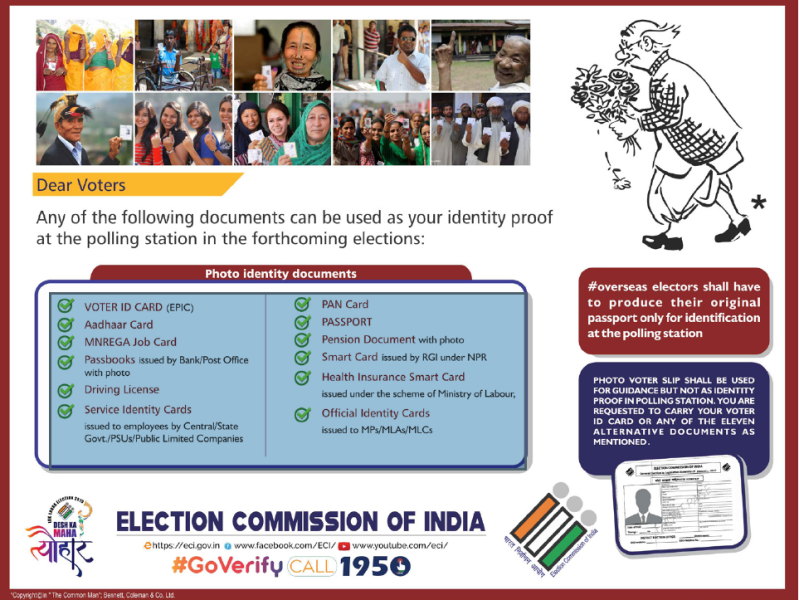The MCC applies to all social media platforms. There are five categories of social media that are regulated under the MCC 1:
- Collaborative projects (like Wikipedia).
- Blogs and microblogs (like Twitter).
- Content communities (like YouTube).
- Social networking sites (like Facebook).
- Virtual Game worlds like (Gaming applications).
There are some rules that have to be followed by political parties and candidates while advertising through social media, such as:
Giving Information
Candidates are supposed to fill Form 26 at the time of filing nominations. The form includes details of the candidate such as email ID, social media accounts etc. This is done so that the candidate declares all the authentic social media accounts that he/she has. 2
Pre-certification of advertisements
All social media advertisements have to be pre-certified by the Media Certification and Monitoring Committee 3 set up in district and state levels. It is only after this committee looks into the advertisement that the advertisement can be published online on any social media forum.
Expenditure
All candidates and political parties have to include the expenditure on social media advertisements. Specifically, they need to make a note of expenditure regarding creative development of content, operational expenditure on salaries and wages, and campaign related expenses.
- Instructions of the Commission with respect to use of Social Media in Election Campaigning, Letter of ECI dated 25th October, 2013, Page 88, https://observerseci.eci.nic.in/Instruction/MediaPaid%20News%20Compendium%202017.pdf[↩]
- Form 26 Amendments, Election Commission, available at https://eci.gov.in/files/file/9365-amendments-in-form-26-format-of-affidavit-to-be-filed-by-candidates/[↩]
- Reconstitution of Media Certification & Monitoring Committee , Election Commission, available at https://eci.gov.in/files/file/9356-reconstitution-of-media-certification-monitoring-committee-%E2%80%93-regarding/[↩]
